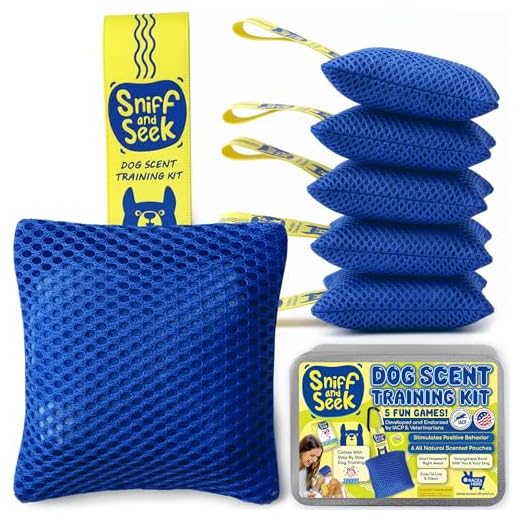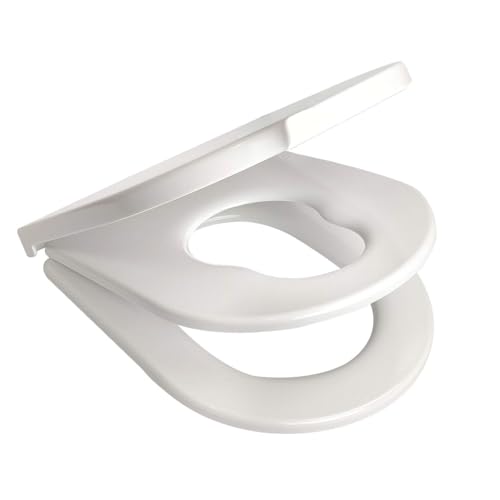




When observing canine companions, you might notice some perplexing habits, particularly involving their excrement. It’s not uncommon for our furry friends to engage in strange activities, which can leave us scratching our heads in confusion. Instead of scolding, consider this behaviour as a natural expression of instinct and curiosity.
Many canines are motivated by scent. Their highly developed sense of smell allows them to explore and interact with the environment in ways we can’t fully understand. The odours associated with waste can provide a wealth of information about other animals, including their diet, health, and even emotional state. This instinctual behaviour often stems from their ancestors, who relied on similar cues for survival.
Another factor involves playfulness. Just as young pups frolic with toys, some may find amusement in what humans deem inappropriate. Engaging with waste can offer sensory stimulation, allowing them to exercise their natural instincts. Redirecting this behaviour through appropriate toys or activities can be beneficial, keeping them entertained and focused on more acceptable objects.
It’s essential to address this behaviour positively. Providing plenty of exercise, interactive playtime, and mental stimulation can help channel their energy into more suitable activities. If you notice persistent habits that concern you, consulting a veterinarian or an animal behaviourist may provide additional insights and solutions tailored to your companion’s needs.
Understanding Canine Behaviour and Instincts
To manage this quirky habit, observe closely the environment and context where it occurs. Recognising triggers can help redirect attention towards more constructive activities.
Natural Instincts
Many canines exhibit behaviours stemming from ancestral instincts. The following factors may contribute:
- Scavenging: An instinctual drive to explore and scavenge is deeply ingrained. This behaviour can be traced back to wild ancestors who relied on scent to identify and find food.
- Territorial Marking: Certain individuals may interact with waste as a means of marking territory. This is a common instinct used to communicate presence to others.
- Curiosity: A natural inquisitiveness often leads to investigating various objects, including those deemed undesirable by humans.
Behavioural Management Techniques
Implementing strategies can help mitigate this behaviour:
- Positive Reinforcement: Reward preferred actions with treats or praise, encouraging alternative behaviours.
- Regular Exercise: Ensuring adequate physical activity can reduce boredom and the likelihood of engaging in unwanted actions.
- Training Sessions: Incorporate consistent training to establish boundaries and reinforce commands that redirect focus when necessary.
- Environmental Control: Supervise outdoor time and clean up promptly to minimise access to any waste.
Understanding these underlying instincts and applying management techniques can significantly improve interactions and foster a healthier environment.
The Role of Scent in a Canine’s Life
Understanding the significance of aroma in a pooch’s existence is crucial. Scent is the primary way these animals perceive their environment. Their noses contain up to 300 million olfactory receptors, compared to a human’s mere 5 million. This incredible sense allows them to detect pheromones, identify individuals, and even sense emotions.
Communication Through Smell
Pheromones play a significant role in how canines interact. They communicate a variety of messages through their scent, including territory boundaries, mating readiness, and social hierarchy. For instance, a recent visit to the park revealed how my furry companion would stop at every tree, examining the scents left by others. It’s fascinating to watch them process these aromas, almost as if they are reading a book written in invisible ink. This olfactory information is vital for establishing connections and understanding one another.
Scent and Behavioural Insights
Many behaviours stem from a canine’s instinctual reliance on smell. For example, rolling in certain materials might seem odd, but it’s a way for them to mask their scent and blend in with their surroundings, a remnant of their wild ancestry. This behaviour is not just about play; it’s a survival tactic deeply rooted in history. The fascination with various smells can lead to their interest in unusual items, which often surprises us. For more insights on canine nutrition and the considerations behind dog food ingredients, check out this link: why is pig never in dog food.
Common Reasons for Canines to Engage in This Behaviour
One reason behind this quirky habit lies in boredom. A lack of physical activity or mental stimulation can prompt a pooch to seek out alternative forms of entertainment. Regular exercise and interactive play sessions can significantly reduce the likelihood of such behaviour.
Another factor is instinctual. In the wild, certain canids might mask their scent by interacting with feces, disguising their presence from potential threats. This natural inclination can manifest in domesticated animals, leading them to explore and engage with their droppings.
Attention-Seeking Behaviour
Some animals may engage in this conduct to grab the attention of their human companions. If a pet discovers that such actions elicit a strong reaction–whether positive or negative–they might repeat the behaviour for the sake of interaction. Establishing consistent boundaries and redirecting focus to more appropriate activities can help curb this tendency.
Curiosity and Exploration
Curiosity drives many animals to investigate their surroundings, including excrement. The various scents and textures can be intriguing, prompting investigation. Providing a variety of toys and stimulating activities can redirect this curiosity towards more acceptable objects.
Understanding these motivations allows for tailored strategies to mitigate the behaviour while ensuring a happy and healthy companion.
How to Discourage This Behaviour in Your Dog
Establish a consistent routine for bathroom breaks. Take your furry friend outside at regular intervals, especially after meals or playtime. This helps create positive associations with outdoor elimination and reduces the chances of indoor mischief.
Immediately clean up any messes in the yard or home. Use enzymatic cleaners to eliminate any lingering scents that might attract your companion back to the area. Keeping the environment clean is key to discouraging unwanted habits.
Redirect attention during elimination. If you notice your pet getting curious about waste, use a firm “leave it” command. Reward them with praise or treats when they obey. This reinforces positive behaviour and helps them understand that exploration of waste is not acceptable.
Engage in interactive play and mental stimulation. Boredom often leads to undesirable activities. Provide toys, puzzles, and training exercises to keep your companion entertained and mentally challenged. A tired pup is less likely to engage in troublesome antics.
Consider using a leash during bathroom breaks. This allows you to maintain control and redirect your pet’s focus if they show interest in the mess. Gradually give them more freedom as they learn to avoid it.
Consult a veterinarian if the behaviour persists. In some cases, underlying health issues or nutritional deficiencies may contribute to this habit. A professional can help identify any potential medical concerns.
When to Seek Professional Help for Your Dog’s Habits
Consult a veterinarian or animal behaviourist if unusual habits persist beyond a few weeks, or if they seem to be causing distress or health issues. Observing signs of anxiety, aggression, or obsessive behaviours warrants immediate attention. A professional can help identify underlying medical conditions or behavioural disorders that may require intervention.
Signs That Indicate the Need for Guidance
Look for excessive digging, chewing, or rolling in waste. If your companion exhibits these tendencies frequently, it could signal deeper emotional or physical problems. Changes in appetite, lethargy, or sudden shifts in temperament often point to health concerns that should not be ignored. If your furry friend shows signs of stress or fear around waste, this may indicate a need for behavioural assessment.
Finding the Right Professional
Seek out someone with experience in canine behaviour. Recommendations from local pet owners or veterinarians can lead you to qualified trainers or behaviourists. Ensure they utilise positive reinforcement techniques, as these are more effective and humane than aversive methods. A tailored approach can make a significant difference in addressing troubling behaviours.







